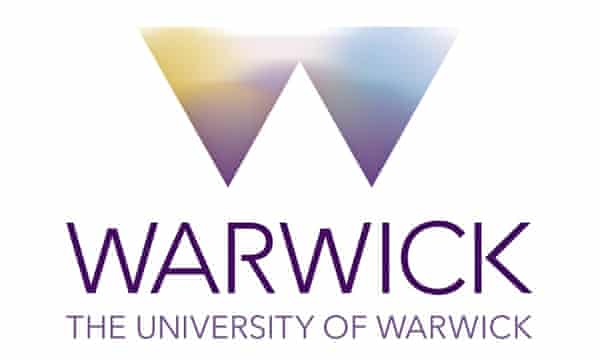University of Warwick: Warwick academic helps to shape global democracy benchmark report on Albania
Western Balkans expert Dr Andi Hoxhaj is one of the contributors to the 2022 Freedom House Nations in Transit ReportLink opens in a new window, an annual expert assessment of the state of democracy in the region stretching from Central Europe to Central Asia, published today.
Freedom HouseLink opens in a new window was founded in the United States in 1941 and works as an independent, non-partisan watchdog dedicated to the expansion of freedom and democracy around the world.
To create the Nations in TransitLink opens in a new window report, a team of experts evaluates the democratic health of institutions in the 29 countries in this region, reviewing local and national governments, the judiciary, anticorruption authorities, the media and civil society, and allocates a Democracy Score.
Dr Hoxhaj, of Warwick Law SchoolLink opens in a new window, was invited to review the health of democracy in Albania Link opens in a new windowand draft the country assessment, supporting the Freedom House advisory board in their evaluation of the trajectory of democracy in the country.
For his assessment he mapped out and analysed the main developments and events for the calendar year 2021 that took place in Albania with a special focus on the 2021 Albanian parliamentary election.
Commenting on the Report, Dr Hoxhaj said:
“I am grateful to Freedom House for this opportunity. It was a great experience to collaborate with such a prestigious non-profit organization that has been promoting liberal democracy for more than 80 years.
“The Freedom House Report is very significant in the Western Balkans as it evaluates the state of democracy and helps citizens to see what their country is doing in adhering to liberal democracy standards.
“Unfortunately, Albania still classifies under the Freedom House methodology as a hybrid democracy, even in 2022. Despite some encouraging efforts by the newly established law enforcement agencies to address corruption and the reformed Judiciary to uphold the rule of law, there still is a long way to having a society and political system that respects the rules of a liberal democratic society.
“My main finding, and the biggest concern for me, was that the country has not made any progress towards having a culture of ‘due process’ and ‘presumption of innocence.’ Both the public discussion and some judicial decisions are reminiscent of the way the courts during communist Albania handled the cases of those that challenged the system – only now it is those who challenge vested political or economic interests who are at risk.
“This can make reporting on the issues that underpin a liberal democracy very challenging as media and civil society figures can find themselves subject to smear campaigns, intimidation or libel lawsuits – which unfortunately previous Freedom House authors have experienced.”
Mike Smeltzer, project director for Nations in Transit at Freedom House, said:
“Dr. Hoxhaj’s country expertise and research have proven an invaluable asset for our team in understanding the current state of Albania’s liberal democratic institutions.
“Unfortunately, the findings illuminated by Dr. Hoxhaj are concerning – but also not unique to Albania – and come at a time when liberal democracy faces its most direct threat in the form of Vladimir Putin’s unconscionable war of aggression against a sovereign, democratic Ukraine.
“In addition to this aggressive form of authoritarianism seen in Russia and other autocratic regimes, Dr. Hoxhaj’s analysis of Albanian democracy has fit into another regional trend identified in Nations in Transit 2022, namely, one in which, throughout the region, illiberal and corrupt practices undermine the foundations of the democratic institutions.
“While I’m encouraged by the aid democracies have mustered to defend Ukraine, democracy’s supporters must also wake up to the challenges to liberal democracy at home, as identified in the excellent, but sobering reports like Dr. Hoxhaj’s.”

